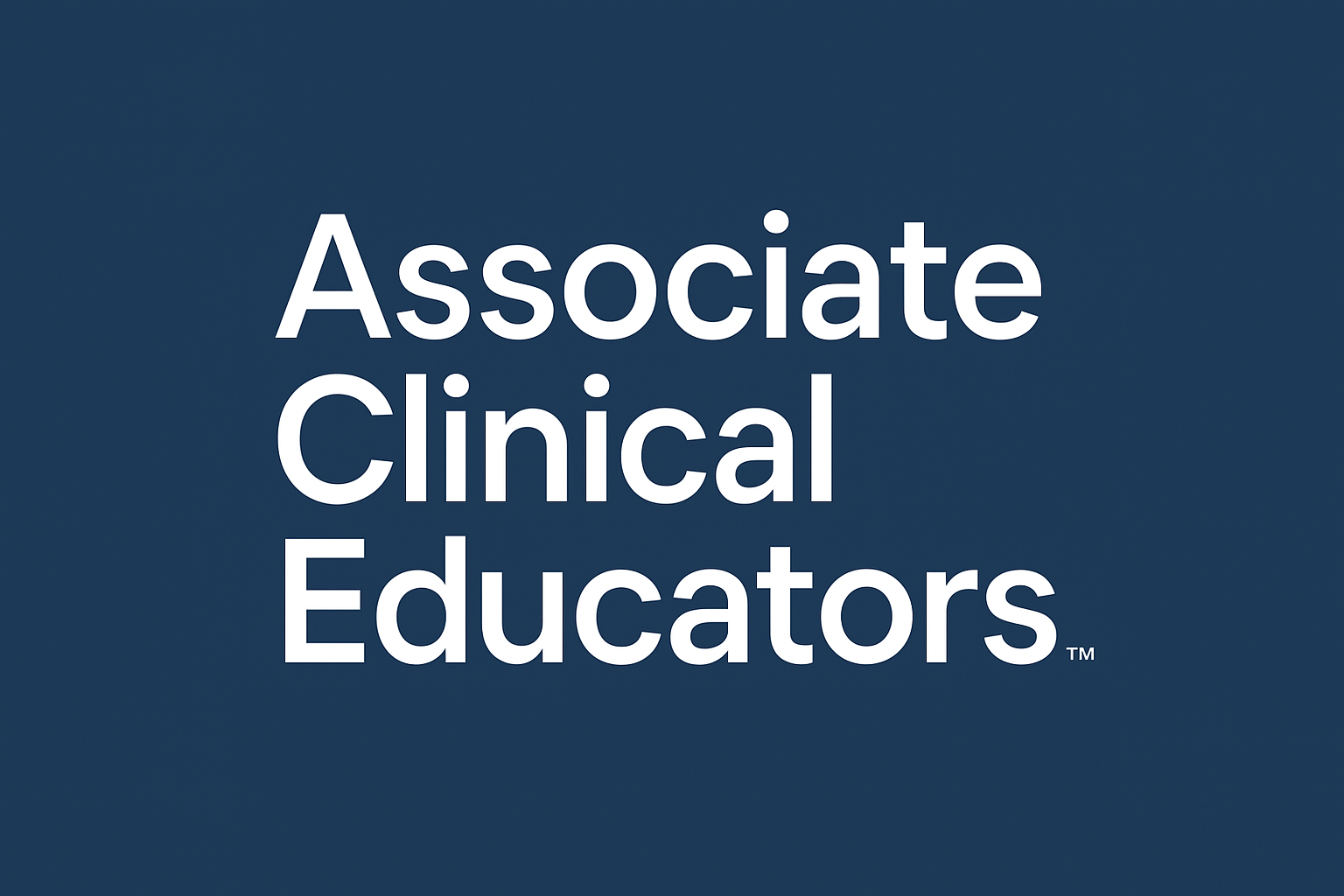The Patient Journey in Medical Education & The Use of Associate Clinical Educators (ACEs)
In medical education, the term “patient journey” refers to the comprehensive pathway a...
Read Moreby R Spour | Jun 4, 2024 | Associate Clinical Educators, Chester University, Meducate Academy | 0 |
In medical education, the term “patient journey” refers to the comprehensive pathway a...
Read Moreby R Spour | Oct 31, 2022 | Associate Clinical Educators, Meducate Academy | 0 |
I want to answer a question I am regularly asked by academics, clinicians, students and other medical roleplayers: “How does an ACE differ from a medical roleplayer, a simulated patient and a volunteer patient?” The...
Read Moreby R Spour | Sep 30, 2022 | Associate Clinical Educators, Meducate Academy | 0 |
It’s always busy at Meducate Academy and some weeks are busier than others, but what is it an ACE does? What’s a typical week in the life of an ACE? It’s a question I often get asked by students and role-players and friends...
Read Moreby R Spour | Oct 18, 2021 | Associate Clinical Educators, Meducate Academy | 0 |
James Ennis is currently Clinical Lead at The University of Chester Physician Associate Programme. He has worked with ACEs both as student Physician Associate, and also used ACEs when he was teaching at The University of...
Read Moreby R Spour | May 22, 2021 | Associate Clinical Educators, Matrix Education, Meducate Academy | 0 |
Meducate Academy recently embarked upon a continuing ACE recruitment and training programme with candidates who had expressed an interest in our ACE training schedules. We emphasised that the role we play is vital in ensuring a...
Read Moreby R Spour | Feb 8, 2021 | Associate Clinical Educators, Chester University, Wolverhampton University | 0 |
It’s always important for an ACE to understand the protocols health professionals must follow to help them take a good history from a patient. Once we understand this we are able to give hi-fidelity feedback to the...
Read Moreby R Spour | Nov 22, 2020 | Associate Clinical Educators | 0 |
The idea for this post developed over the past ten years of my involvement in the training of Physician Associates, Medics, Pharmacists, Dentists and other health professionals. Ten years of working as an ACE and role-player...
Read Moreby R Spour | Sep 24, 2020 | Associate Clinical Educators, Matrix Education | 0 |
Meducate Academy has had a busy two weeks working alongside the University of Chester, University of Wolverhampton and Matrix Education on several exciting projects. As always, Matrix Education delivered an excellent two day...
Read More
